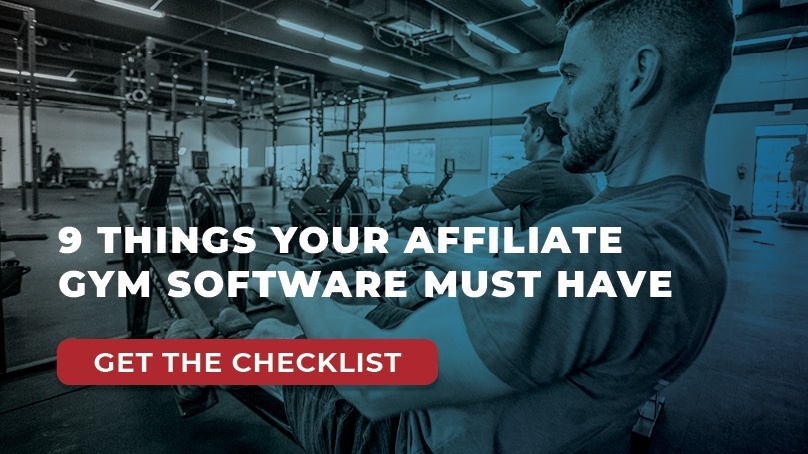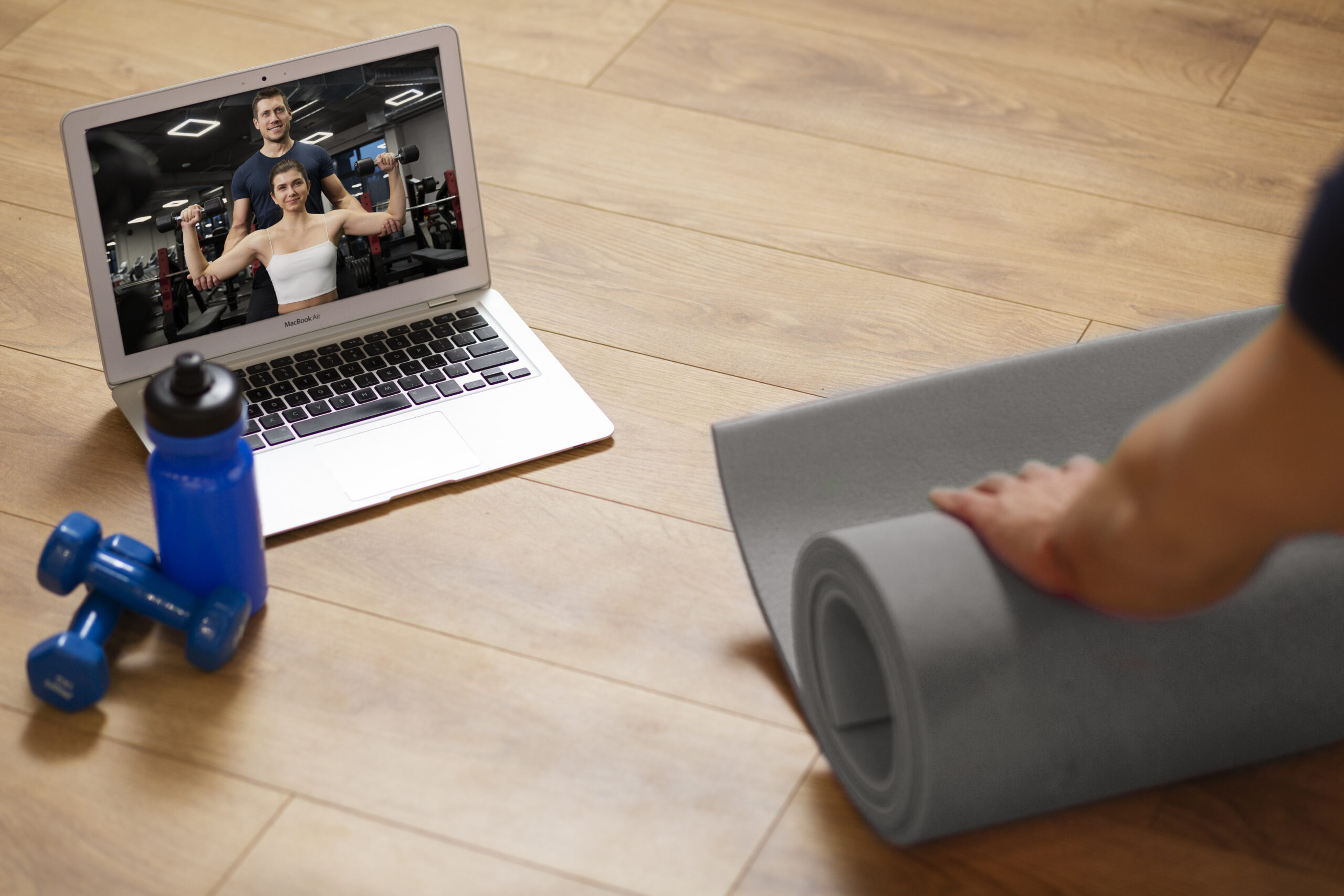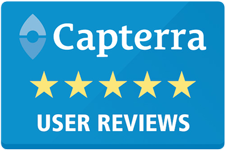Why We Ditched the Whiteboard After Four Years
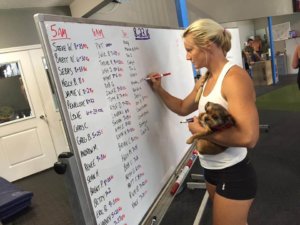
After four years of using a traditional whiteboard in all of our classes at CrossFit Palm Beach, we recently decided to do away with it. We’ve replaced it with Zen Planner for digital attendance and workout tracking, and are happy we made the switch. While we loved the physical whiteboard and believed it offered several benefits, we ultimately felt like we could provide more value to our members by switching to an automated version. If you are thinking about making the switch in your box, here is the thought process we followed that ultimately convinced us to change, and might even convince you to do the same.
Why we loved the physical whiteboard
- Helped our coaches remember names. There is something magical about writing a person’s name and score on a whiteboard that helps you remember them in the future.
- Helped our members get to know one another. Members learned the names of other people from different classes, even before they had actually met them, simply because they consistently put up similar scores as one another.
- Guaranteed away of measuring progress. While we always encouraged people to track their own scores, the physical whiteboard guaranteed that we would have their scores saved so they could revisit them in the future.
- Provided a quick snapshot of what to expect. Scores on the whiteboard gave people a general idea of what to expect from the workout, as well as a goal to shoot for.
- Pushed members just a little bit harder. Many members have expressed how much harder they pushed just because they know their score was going on the board to be seen by everybody.
Cons of the Physical Whiteboard
- It wasted too much time. As our gym grew, it became more valuable to have our coaches spend time building relationships, rather than jotting down scores.
- Sometimes having a goal to shoot for means selling yourself short. Picking an arbitrary goal based on someone else’s score is not always beneficial.
Too much emphasis on the whiteboard got in the way of long term progress. If you are only worried about your score at the end of a workout, you are spending too much time competing, and not enough time practicing and training. - Dishonesty. Cheating will happen regardless of the whiteboard, but we found it was more prevalent when members put their scores on the traditional whiteboard.
Why We Made the Switch to Zen Planner
- Coaches are fully present. Coaches now spend all of their time coaching, building relationships and maximizing the full 60-minute experience.
- Better long-term attendance tracking. Once we are able to get our members in the habit of tracking their scores, we will have much better data to make long-term business decisions.
- The App and leaderboard are pretty cool. You can see live updates of people’s scores throughout the day, which is something that wasn’t possible before. You can easily look up old lifts and benchmark workouts. You can also add individualized notes on how you scaled, how you approached the workout or how you felt that day. There is a social element to the Zen Planner App as well. People can like and comment on other’s scores and congratulate them on a PR or great workout.
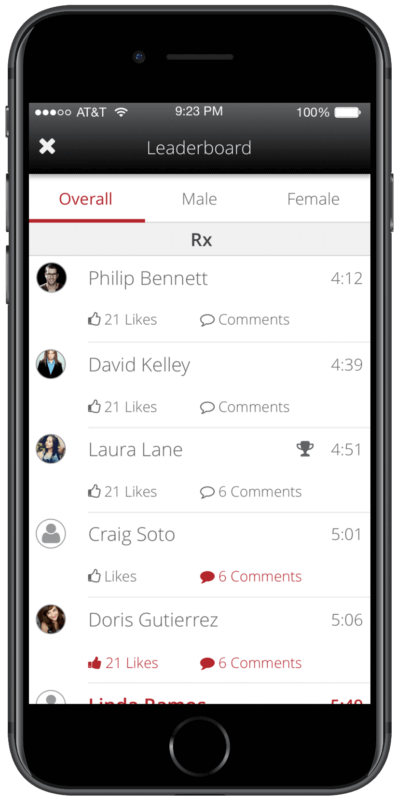
While it’s taken a couple months to get used to, we are seeing that many members now prefer the digital whiteboard and are really enjoying the social element that extends outside the walls of the gym. If you’re interested in reading CrossFit Palm Beach’s full story about switching over to Zen Planner, check out their case study or their Living Superhuman Fitness Podcast.
Searching for new box management software? Make sure you end up with a solution that has the vital tools you need. Get your copy of our free checklist to help guide your research.
Guest post written by Andrew Frezza, Owner of CrossFit Palm Beach
Andrew Frezza owns and operates CrossFit Palm Beach in Jupiter, FL with his brother Tony. Prior to opening up CFPB, Andrew was a college baseball player and played one year in the Minor Leagues with the Boston Red Sox Organization. They opened up CFPB in December 2012 and have fallen in love with the community of coaches and members they get to be a part of each day. Andrew and his wife Nikki also own a nut butter company, called Nikki’s Coconut Butter. They just had their first baby boy, Cooper, in January 2017.
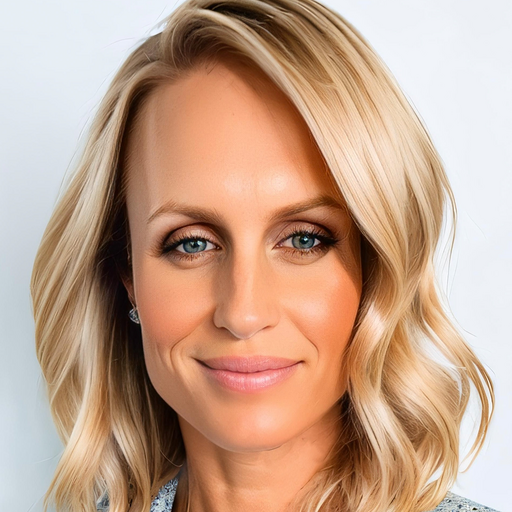
I’m Coach Kelli, a devoted CrossFit gym owner with 15 years of experience managing my facility, along with owning yoga studios and wellness centers. Beyond the fitness world, I have a passion for cooking, cherish moments with my children and family, and find joy in spending time outside. Having experienced the highs and lows, I’m dedicated to leveraging my expertise to help you grow and succeed on your fitness journey.

I’m Coach Kelli, a devoted CrossFit gym owner with 15 years of experience managing my facility, along with owning yoga studios and wellness centers. Beyond the fitness world, I have a passion for cooking, cherish moments with my children and family, and find joy in spending time outside. Having experienced the highs and lows, I’m dedicated to leveraging my expertise to help you grow and succeed on your fitness journey.

